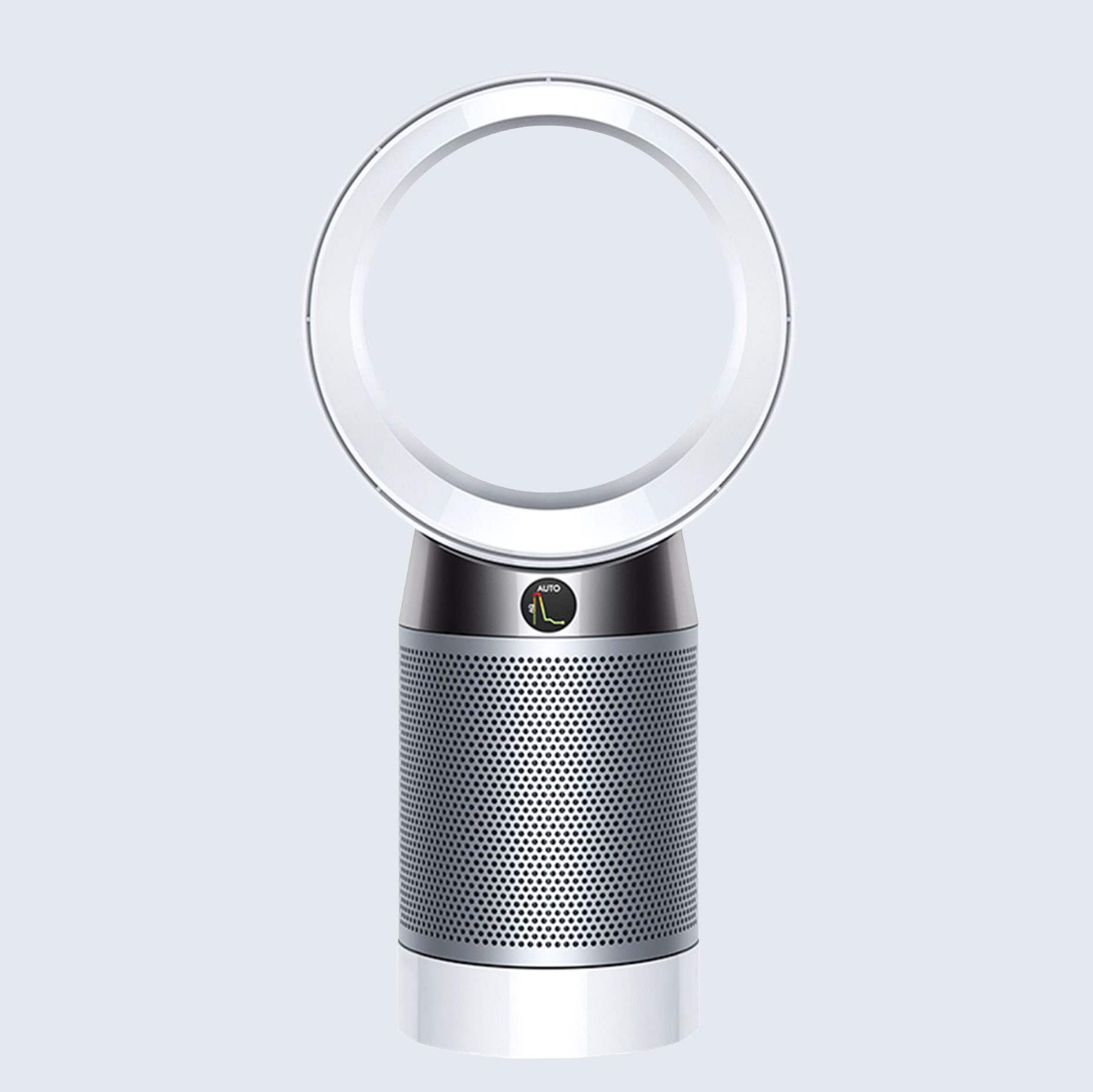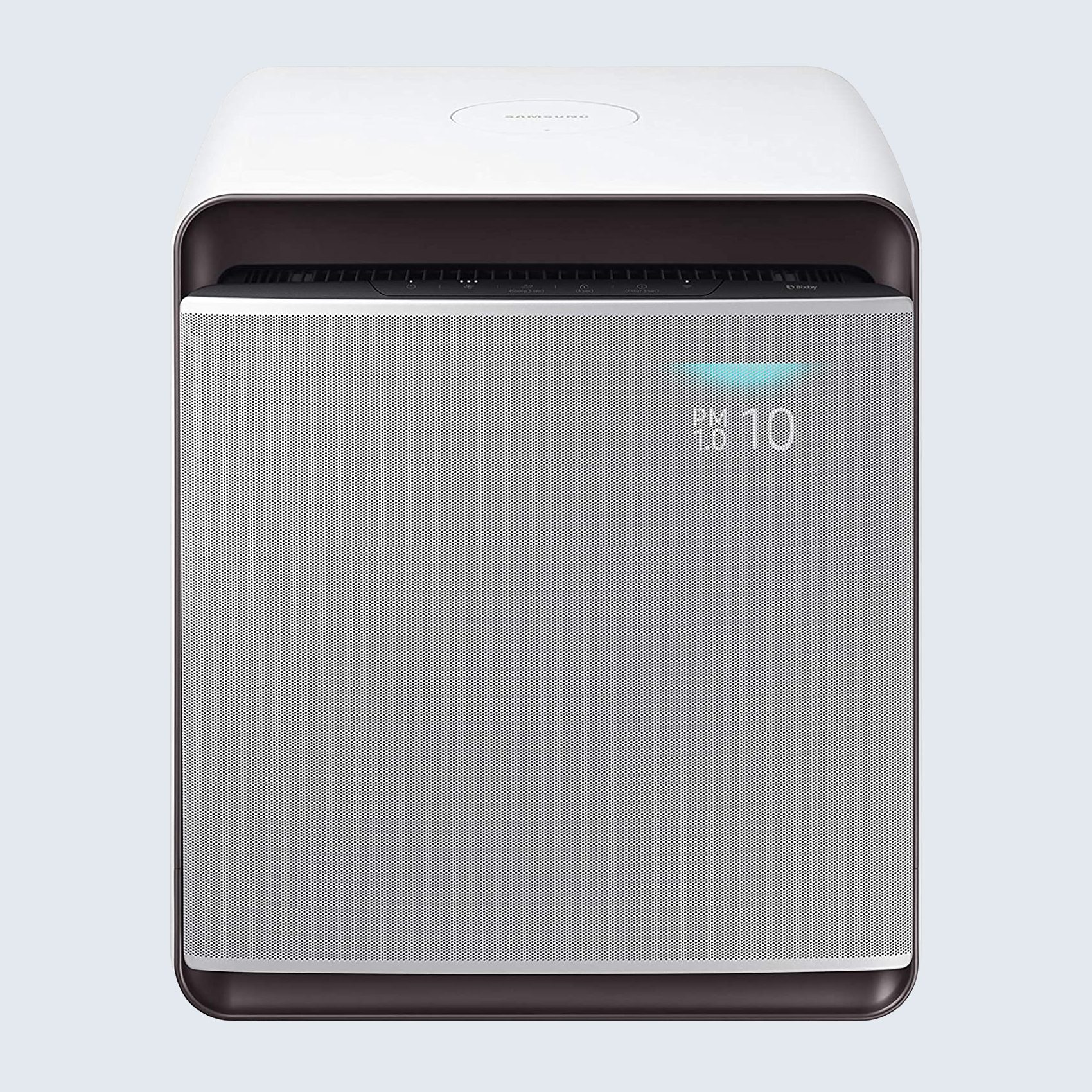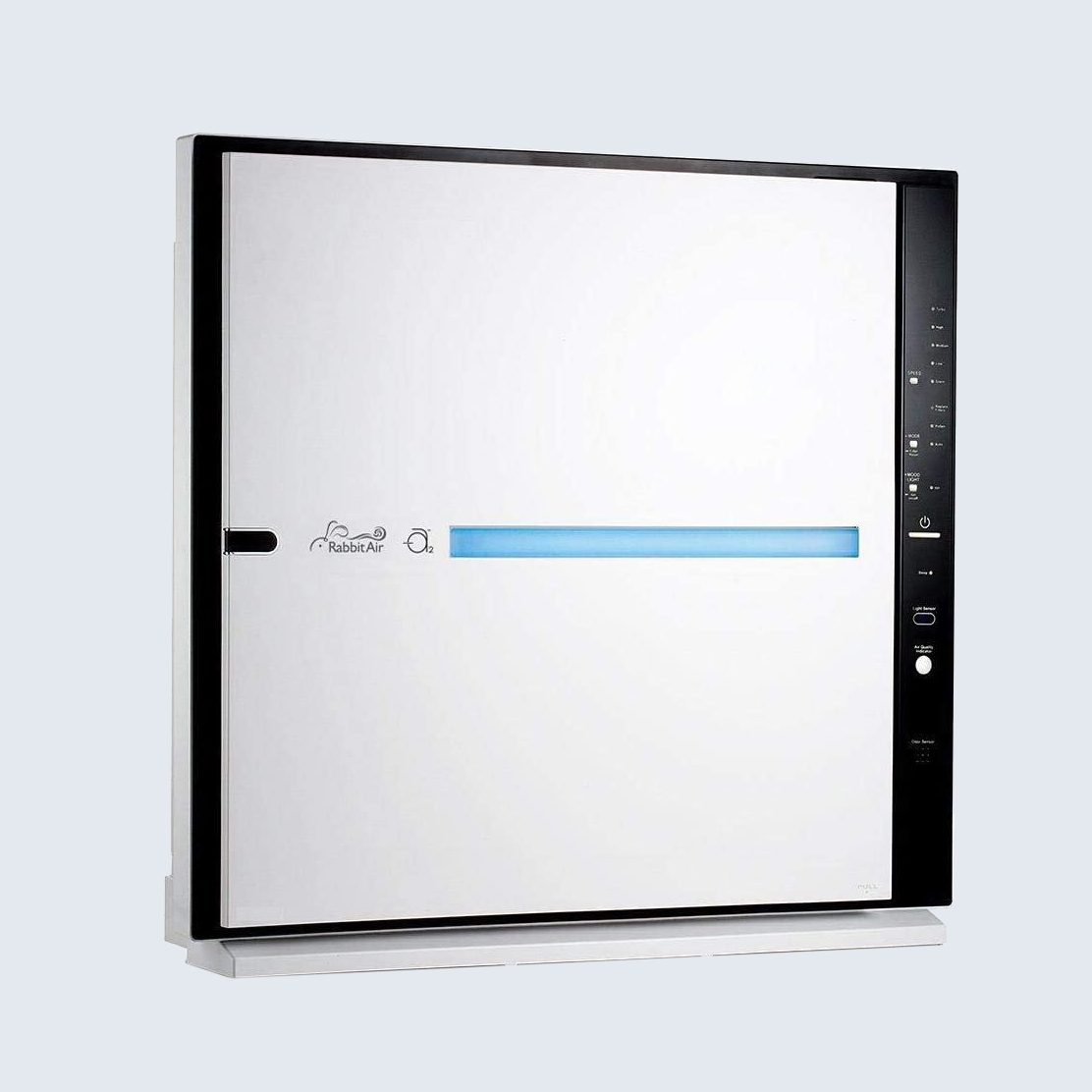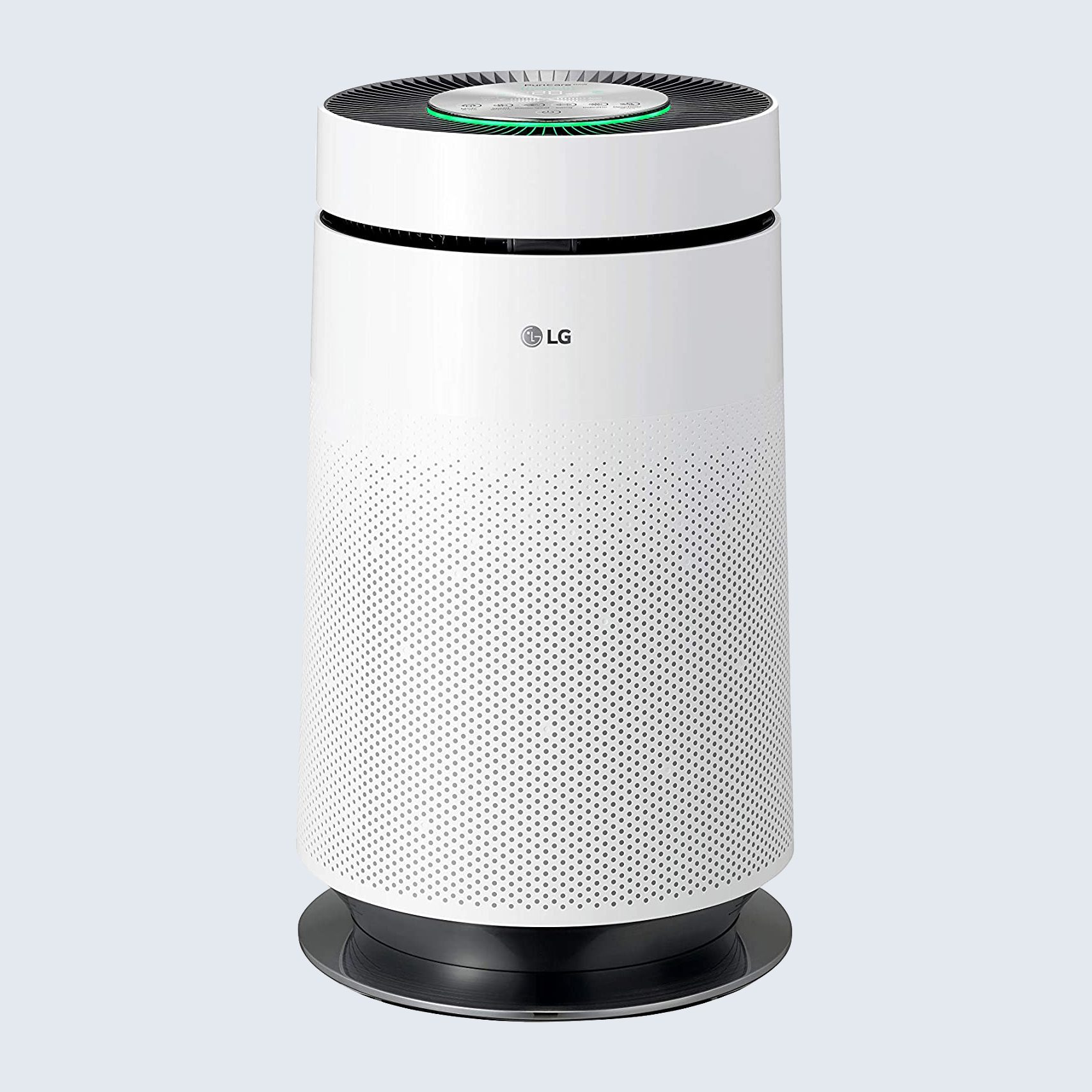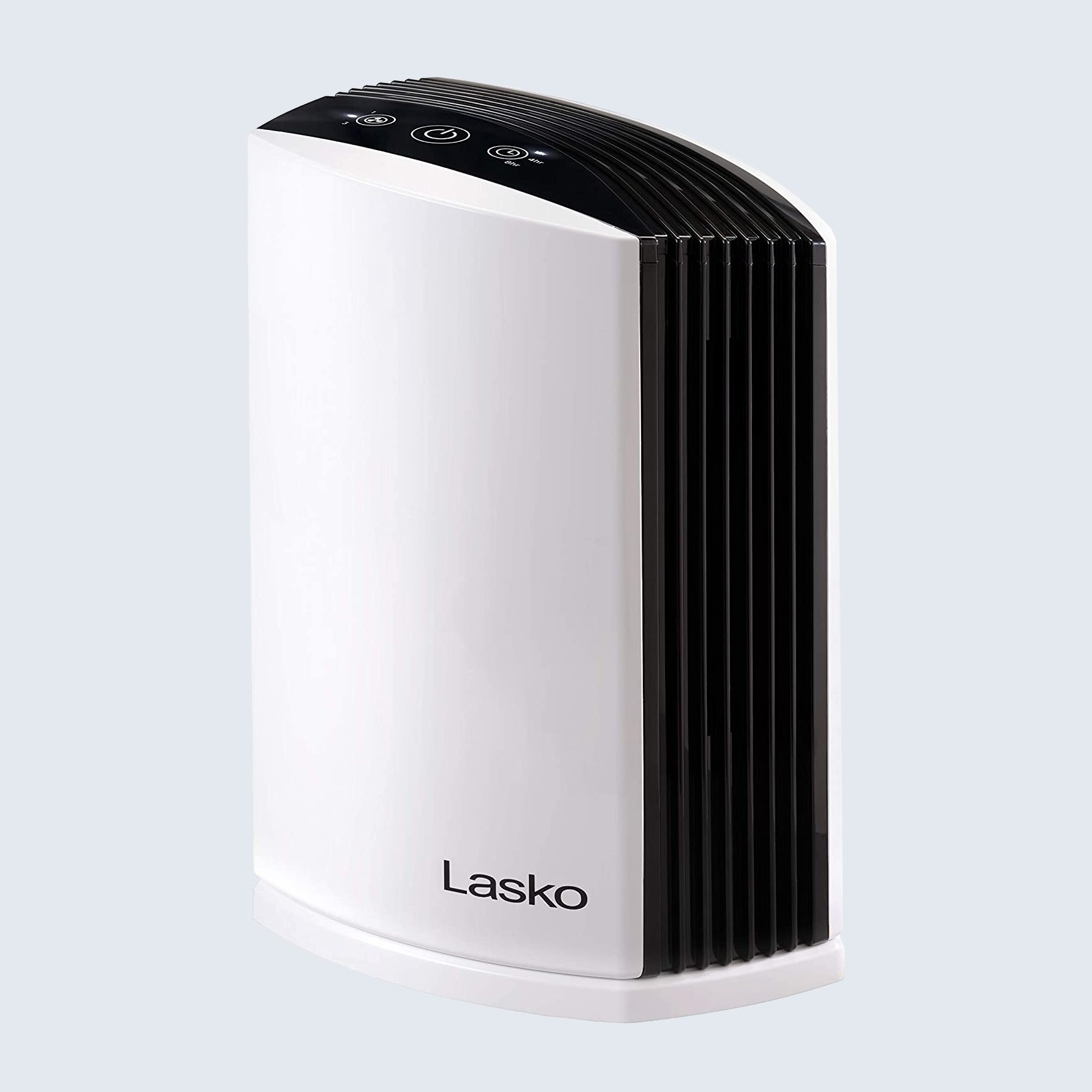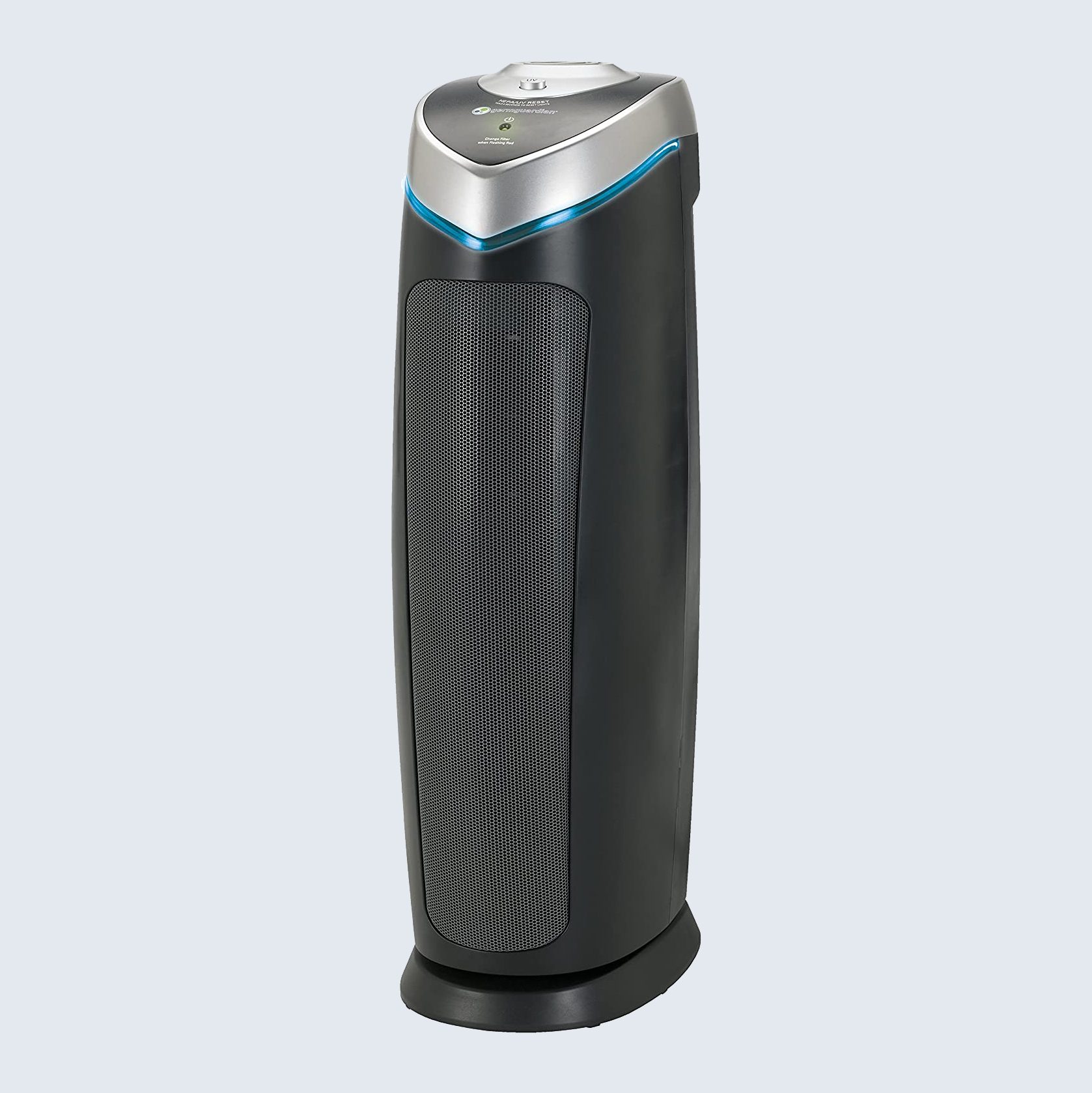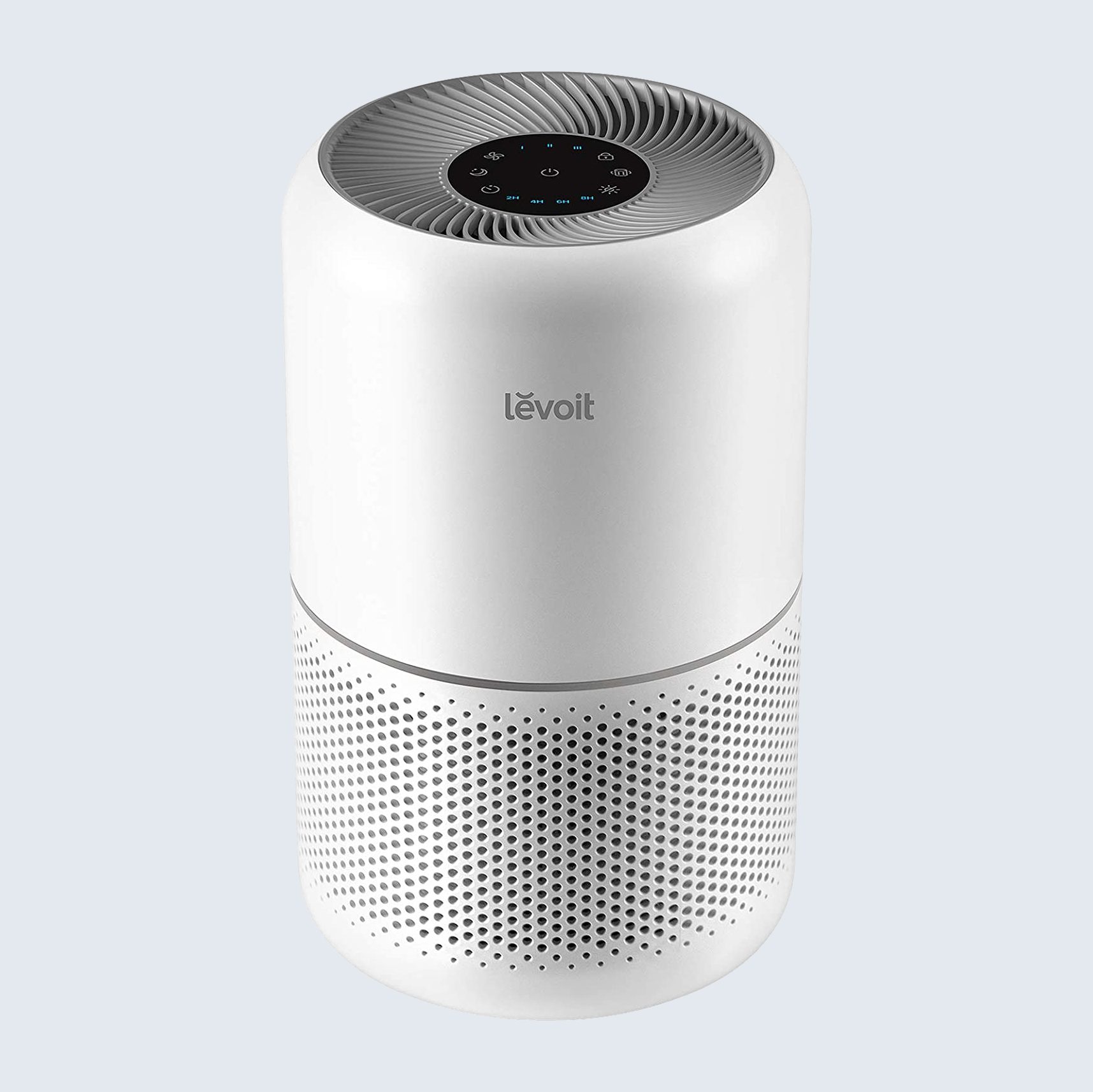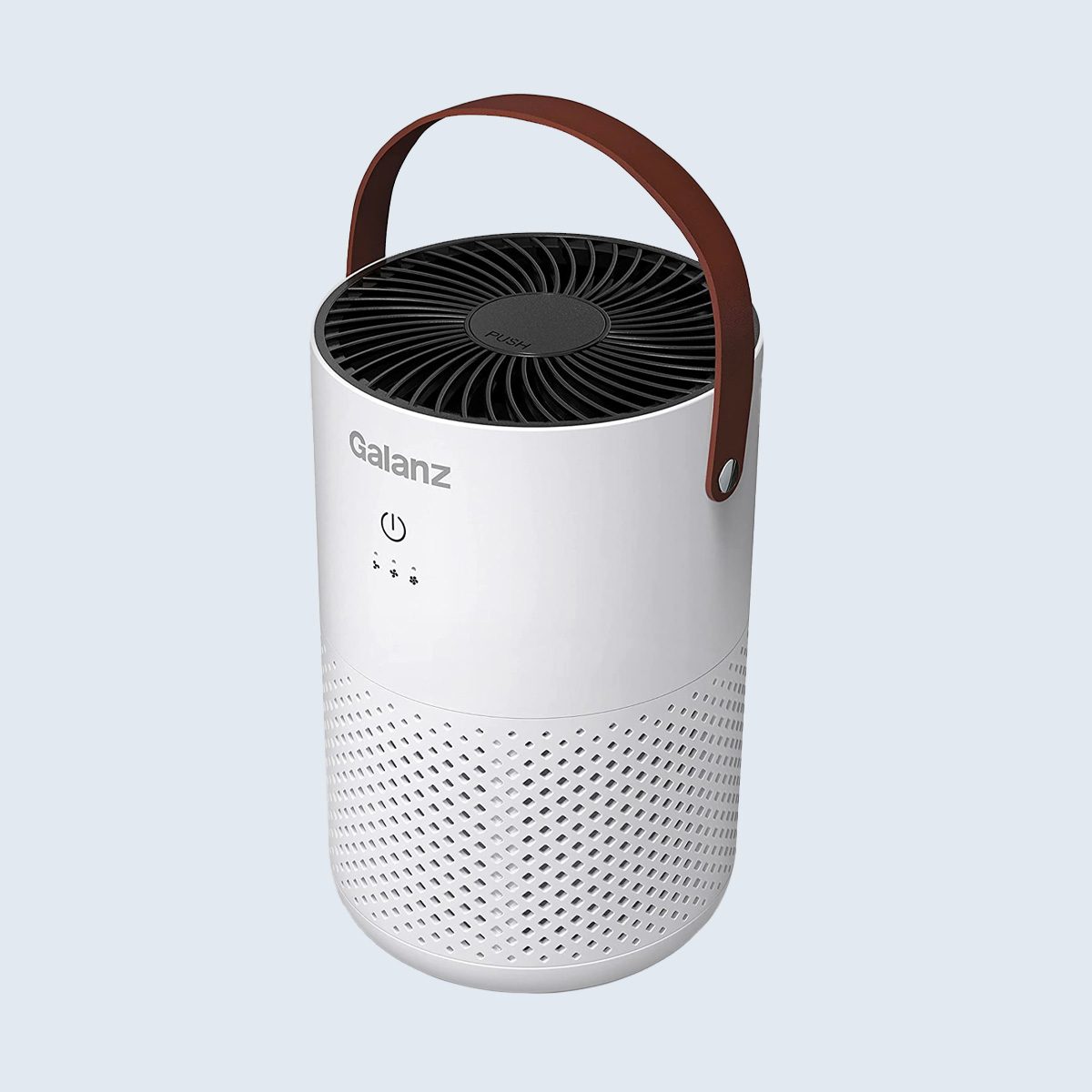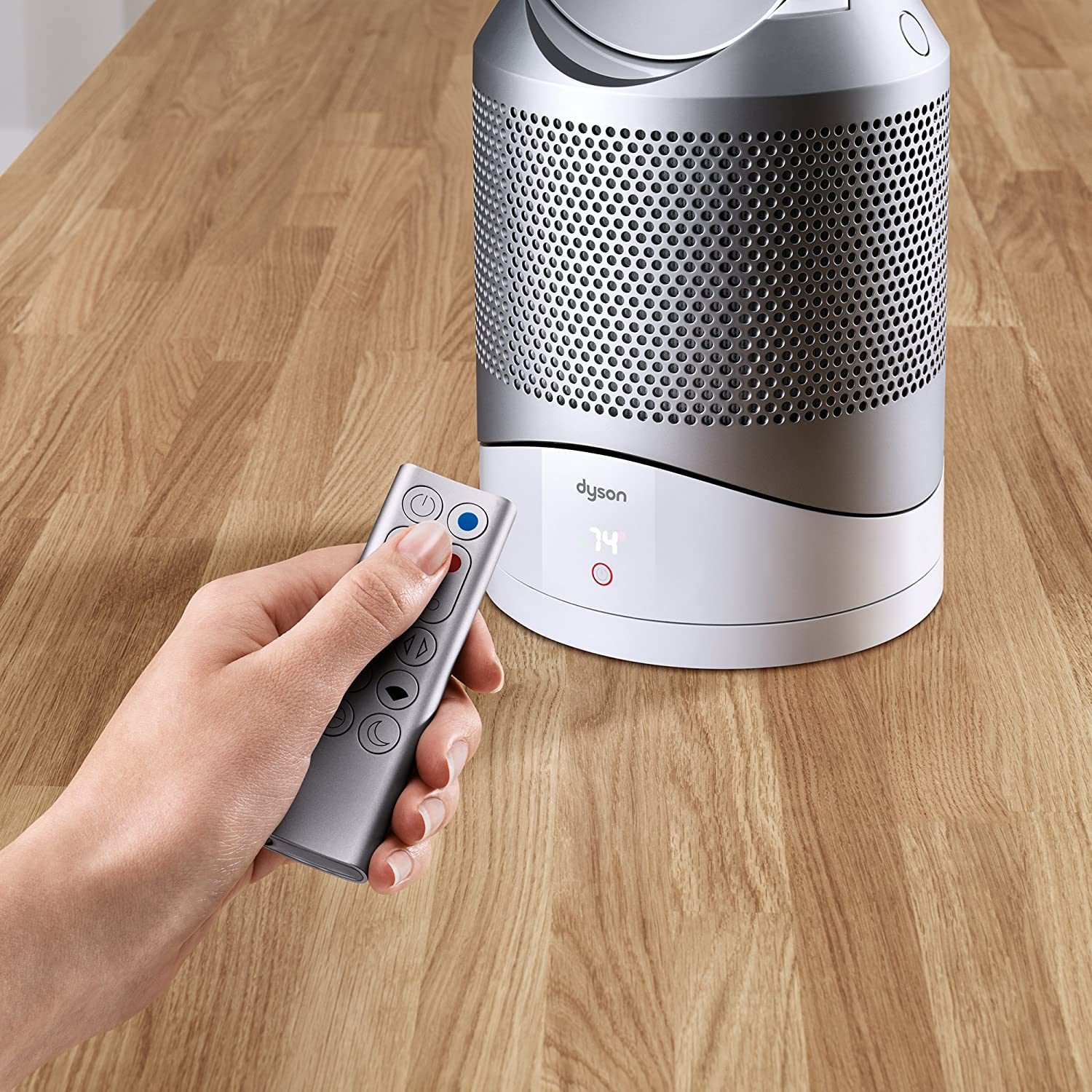$69.88
By now, you’ve likely noticed that air purifiers can be expensive. But you don’t necessarily have to spend a fortune to get a good product. At under $70, this little guy is a steal, and while not yet asthma & allergy friendly® certified, it does have a HEPA filter, so it will capture the vast majority of potential air pollutants in a room up to 109 square feet. Place it on your desk when you’re working from home and you’ll soon be breathing easier: It promises to trap “The Invisible 8,” or the eight most common airborne irritants, including smoke, smells, VOCs, pet dander, and mold.






















